These substances are human technologies. Human has to evolve freely.
0 Comments
RSVP: here (...in our thoughts...worldwide!)
Abortion law is legislation and common law which pertains to the provision of abortion. Abortion has been a controversial subject in many societies through history because of the moral, ethical, practical, and political power issues that surround it. It has been banned frequently and otherwise limited by law. However, abortions continue to be common in many areas where they are illegal; abortion rates are similar in countries where the procedure is legal and in countries where it is not according to the World Health Organization (WHO), due to unavailability of modern contraceptives in areas where abortion is illegal. The number of abortions worldwide is declining due to increased access to contraception according to WHO. Almost 2/3 of the world's women currently reside in countries where abortion may be obtained on request for a broad range of social, economic or personal reasons. Abortion laws vary widely by country, ranging from those in Chile, El Salvador, Nicaragua, the Dominican Republic, Malta and Vatican City, which ban the procedure entirely; to those in the United Kingdom and the United States, which restrict abortion after the point of fetal viability; and those in Canada, Vietnam and China which have removed abortion completely from their criminal code.
Abortion in the United States has been legal in every state since the 1973 Supreme Court decision Roe v. Wade. Prior to the ruling, the legality of abortion was decided by each state; it was illegal in 30 states and legal under certain cases in 20 states. Roe established that "the right of personal privacy includes the abortion decision, but that this right is not unqualified, and must be considered against important state interests in regulation.". Roe established a "trimester" system of increasing state interest in the life of the fetus corresponding to its increasing "viability" (likelihood of survival outside the uterus) over the course of a pregnancy, such that states were prohibited from banning abortion early in pregnancy but allowed to impose increasing restrictions or outright bans later in pregnancy. That decision was modified by the 1992 case Planned Parenthood v. Casey, which upheld the "central holding" in Roe that there is a fundamental right to privacy encompassing the decision about abortion, but replacing the trimester system with the point of fetal viability (whenever it may occur) as defining a state's right to override the woman's autonomy.Casey also lowered the legal standard to which states would be held in justifying restrictions imposed on a woman's rights. Roe had held this to be "strict scrutiny" - the traditional Supreme Court test for impositions upon fundamental Constitutional rights - whereas Casey created a new standard referring to "undue burden", specifically to balance the state's and the woman's interests in the case of abortion. Before Roe v. Wade, abortion was legal in several areas of the country, but that decision imposed a uniform framework for state legislation on the subject, and established a minimal period during which abortion must be legal (under greater or lesser degrees of restriction throughout the pregnancy). That basic framework, modified in Casey, remains nominally in place, although the effective availability of abortion varies significantly from state to state. Abortion remains one of the most controversial topics in United States culture and politics. Support for the legalization of abortion is centered on the pro-choice movement (also known as the abortion-rights movement), a sociopolitical movement supporting the ethical view that a woman should have the legal right to elective abortion, meaning the right to terminate her pregnancy. The opposing countermovement of pro-life campaigners (also called anti-abortion campaigners) generally argue for the rights of fetuses and for prohibition or restriction of abortion. Subscribing to different moral grounds than the pro-choice movement, pro-lifers hold the view that the human fetus (and in most cases the human embryo) is a person and therefore has a right to life. A key point in the development of the movement in the U.S. was the decriminalization and legalization of elective abortion in various states following the U.S. Supreme Court's 1973 decision in Roe v. Wade, which struck down most state laws restricting abortion Source: Cannabis, also known as marijuana (from the Mexican Spanish marihuana) and by other names, refers to preparations of the Cannabis plant intended for use as a psychoactive drug and as medicine. Chemically, the major psychoactive compound in cannabis is delta-9-tetrahydrocannabinol (Δ9-THC); it is one of 400 compounds in the plant, including other cannabinoids, such as cannabidiol (CBD), cannabinol (CBN), and tetrahydrocannabivarin (THCV), which can produce sensory effects unlike the psychoactive effects of THC.
Contemporary uses of cannabis are as a recreational drug, as religious or spiritual rites, or as medicine; the earliest recorded uses date from the 3rd millennium BC. In 2004, the United Nations estimated that global consumption of cannabis indicated that approximately 4.0 percent of the adult world population (162 million people) used cannabis annually, and that approximately 0.6 percent (22.5 million) of people used cannabis daily. Since the early 20th century cannabis has been subject to legal restrictions with the possession, use, and sale of cannabis preparations containing psychoactive cannabinoids currently illegal in most countries of the world; the United Nations has said that cannabis is the most used illicit drug in the world. The legality of cannabis concerns laws which in most countries regulate the, use, possession, cultivation, transfer, and trade in Cannabis. Since the beginning of widespread cannabis prohibition around the mid 20th century, most countries have not re-legalized it for personal use, although more than 10 countries tolerate (or have decriminalized) its use and/or its cultivation in limited quantities. Medicinal use of cannabis is also legal in a number of countries, including Canada, the Czech Republic, Israel and 16 states of the United States. In the Netherlands cannabis is formally illegal, but Justice-guidelines show that no action is to be taken in case of possession of a small amount and sale under strict conditions. Source: Same-sex marriage (also known as gay marriage) is marriage between two persons of the same biological sex or gender identity. Supporters of legal recognition for same-sex marriage typically refer to such recognition as marriage equality.
Since 2001, ten countries have begun allowing same-sex couples to marry nationwide: Argentina, Belgium, Canada, Iceland, the Netherlands, Norway, Portugal, Spain, South Africa, and Sweden. Same-sex marriages are also performed and recognized in Mexico City and parts of the United States. Some jurisdictions that do not perform same-sex marriages recognize same-sex marriages performed elsewhere: Israel, the Caribbean countries of the Kingdom of the Netherlands, parts of the United States, and all states of Mexico. Australia recognises same-sex marriages only by one partner changing their sex after marriage. A law legalizing same-sex marriage was passed by the parliament of Denmarkand is expected to come into force on June 15, 2012. The introduction of same-sex marriage has varied by jurisdiction, resulting from legislative changes to marriage laws, court challenges based on constitutional guarantees of equality, or a combination of the two. In some countries, allowing same-sex couples to marry replaced a previous system of civil unions or registered partnerships. Consistently throughout the world, more-educated people are more likely to support same-sex marriage and its legalization than less-educated or uneducated people, and younger people support same-sex marriage more than older generations. Same-sex marriage in the United States is not yet recognized by the federal government, but such marriages are recognized by some individual states. The lack of federal recognition was codified in 1996 by the Defense of Marriage Act, before Massachusetts became the first state to grant marriage licenses to same-sex couples in 2004. Such licenses are granted by six states:Connecticut, Iowa, Massachusetts, New Hampshire, New York, and Vermont, plus Washington, D.C. and Oregon's Coquille and Washington state's Suquamish Indian tribes. The states of Washington and Maryland have passed laws in 2012 to begin granting same-sex marriage licenses, but each may be delayed or derailed by November 2012 voter referendums. Same-sex marriages could be legally performed in California between June 16, 2008, and November 4, 2008, after which voters passed Proposition 8 prohibiting same-sex marriages. California also recognizes any same-sex marriage from around the world that took place before that end date, while Maryland and Rhode Island recognize all same-sex marriages from other jurisdictions. The legalization of same-sex marriage has been achieved by court rulings and legislative action, but not through voter referendums. As of May 2012, with the passing of North Carolina's gay marriage ban, 12 states prohibit same-sex marriage via statute and 30 via the state's constitution. The movement to obtain marriage rights and benefits for same-sex couples in the United States began in the early 1970s. The issue became more prominent in U.S. politics in 1993 when the Hawaii Supreme Court decided Baehr v. Lewin (holding that the state's ban probably violated the state's Constitution), which prompted the U.S. Congress to pass the Defense of Marriage Act in 1996. Through the first decade of the 21st century, public support for its legalization grew considerably, and contemporary polls show that a majority of Americans support same-sex marriage. On May 9, 2012, Barack Obama became the first sitting U.S. president to publicly declare his support for the legalization of same-sex marriage. Source: |
Categories
All
Archives
April 2014
|
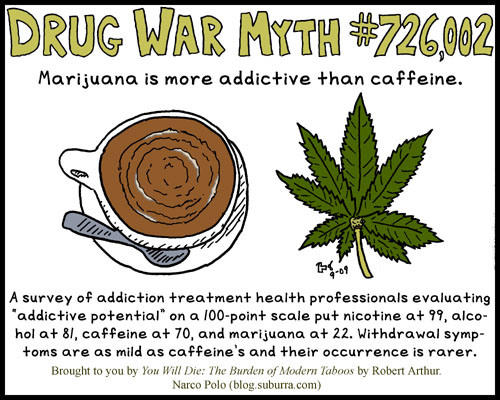
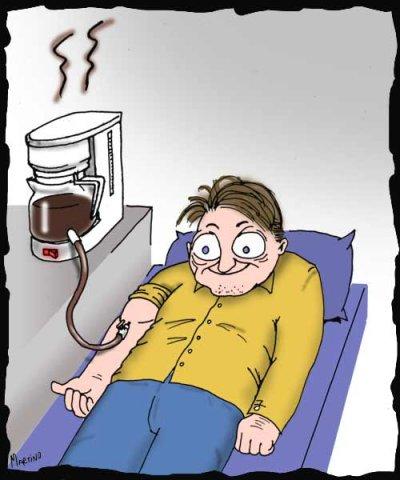


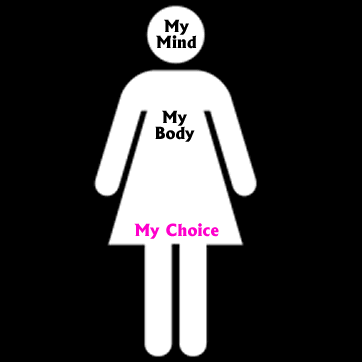
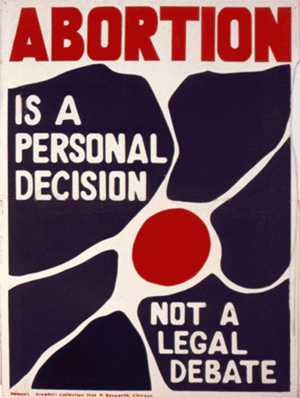

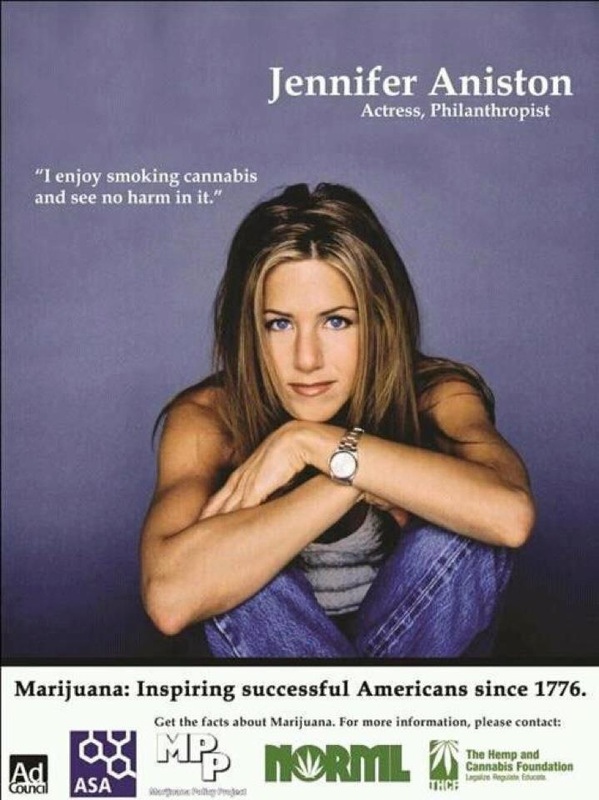



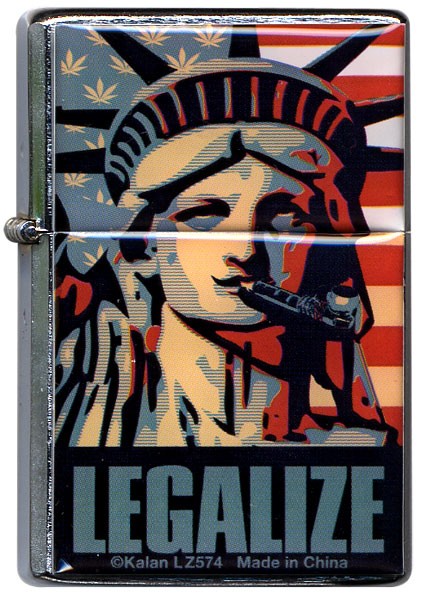
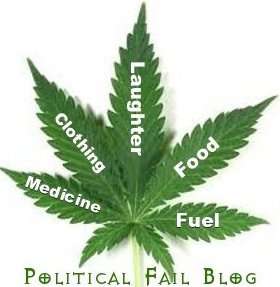






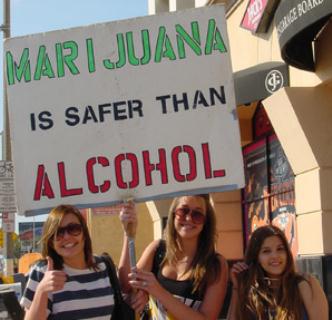
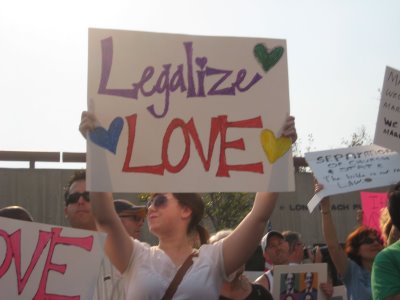
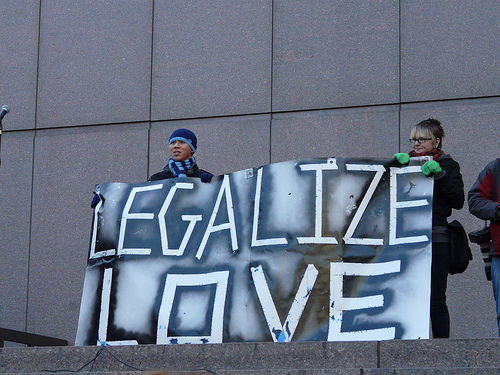
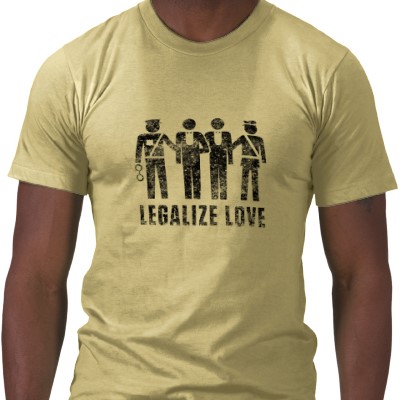
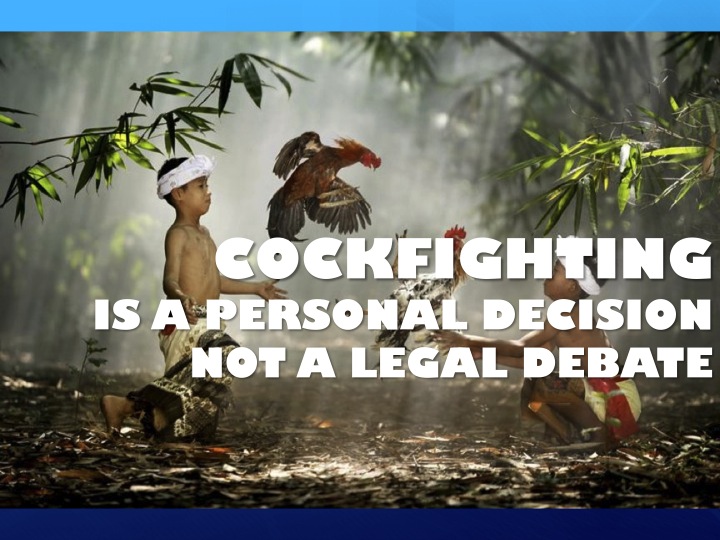
 RSS Feed
RSS Feed
